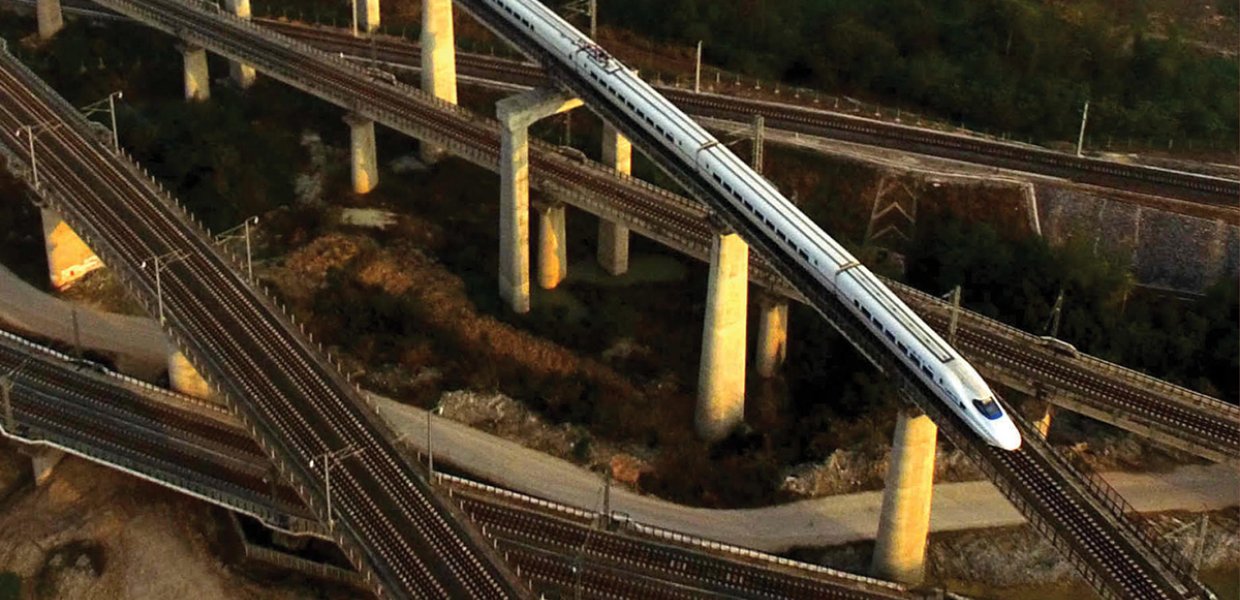
‘Rivers of Iron’: Railroads and Chinese power in southeast Asia
Thursday, October 15, 2020
4 p.m. – 5:30 p.m. PT
Online
In 2013, Chinese President Xi Jinping unveiled what would come to be known as the Belt and Road Initiative (BRI) — a global development strategy involving infrastructure projects and associated financing throughout the world, including Asia, Africa, the Middle East, Europe, and the Americas. While the Chinese government has framed the plan as one promoting transnational connectivity, critics and security experts see it as part of a larger strategy to achieve global dominance. Rivers of Iron examines one aspect of President Xi Jinping’s “New Era:” China’s effort to create an intercountry railway system connecting China and its seven Southeast Asian neighbors (Cambodia, Laos, Malaysia, Myanmar, Singapore, Thailand, and Vietnam). Rivers of Iron illuminates the political strengths and weaknesses of the plan, as well as the capacity of the impacted countries to resist, shape, and even take advantage of China’s wide-reaching actions. Using frameworks from the fields of international relations and comparative politics, the authors of Rivers of Iron seek to explain how domestic politics in these eight Asian nations shaped their varying external responses and behaviors. How does China wield power using infrastructure? Do smaller states have agency? How should we understand the role of infrastructure in broader development? Does industrial policy work? And crucially, how should competing global powers respond?
About the Author
David M. Lampton is Professor Emeritus at Johns Hopkins University’s School of Advanced International Studies (SAIS) and Research Scholar and Oksenberg-Rohlen Fellow at Stanford University’s Asia-Pacific Research Center. He has served as president of the National Committee on United States–China Relations and was the inaugural winner of the Scalapino Prize in 2010. He is the author of Following the Leader: Ruling China, from Deng Xiaoping to Xi Jinping.
This program is open to all eligible individuals. USC Annenberg operates all of its programs and activities consistent with the University’s Notice of Non-Discrimination. Eligibility is not determined based on race, sex, ethnicity, sexual orientation, or any other prohibited factor.